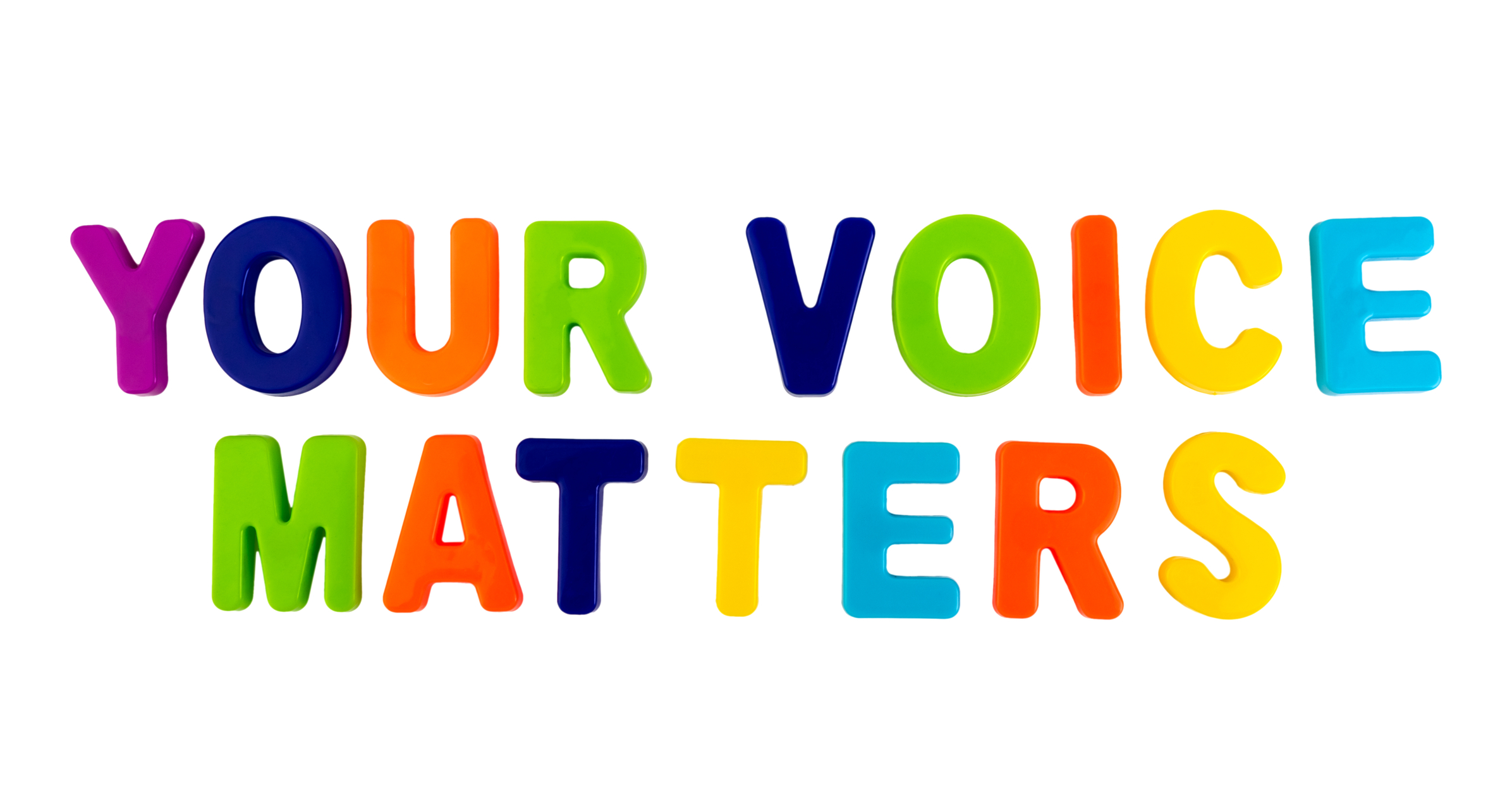Find a CBT Therapist
Search through our directory of local clinicians.
How ABCT is Addressing So-Called Conversion Therapy Articles and Research Causing Harm to Sexual and Gender Minority Individuals

Your Voice Matters © Denis Dryashkin Dreamstime.com.jpg
Yesterday, the ABCT Publications Committee unanimously approved a number of options to be considered by Editors related to reducing harms from articles related to Sexual Orientation and Gender Identity Change Efforts (SOGICEs). Approved actions reflect the Publications Committee’s commitment to scientific principles and harm prevention. This unanimous vote followed Elsevier informing the Committee that ABCT may not take actions on articles inconsistent with Elsevier policy. Elsevier strictly adheres to COPE guidelines, and articles on SOGICEs do not qualify for retraction consideration per Elsevier policy. Thus, Elsevier will not consider retraction of articles related to SOGICEs in our journals. In light of this, ABCT is removing the retraction policy previously open for comment. We know this is not the outcome that all members wanted. We remain receptive to feedback from membership on this important issue and the portal for feedback remains open https://services.abct.org/i4a/forms/index.cfm?id=33.
ABCT denounces the practice of SOGICEs and is committed to the work of reducing the harms from these articles. The Board is actively outlining proactive steps to guide and energize our systematic efforts in this area. The vote yesterday from the Publications Committee supports the editorial teams of all ABCT journals in using several options to appropriately flag content related to harmful practices in its journals and link to corrective information. We will be sharing examples of corrective actions in the near future. But, in the meantime, it was important for us to share this update to keep things as transparent as possible.
My Account Info
Manage your Membership information, email preferences, and more.
Journals
Membership in ABCT grants you access to three journals.
Convention
We are now accepting Abstract submissions for Continuing Education Ticketed Sessions at the 2024 ABCT Convention in Philadelphia, PA.
My Account Info
Manage your Membership information, email preferences, and more.
Journals
Membership in ABCT grants you access to three journals.
Convention
We are now accepting Abstract submissions for Continuing Education Ticketed Sessions at the 2024 ABCT Convention in Philadelphia, PA.
